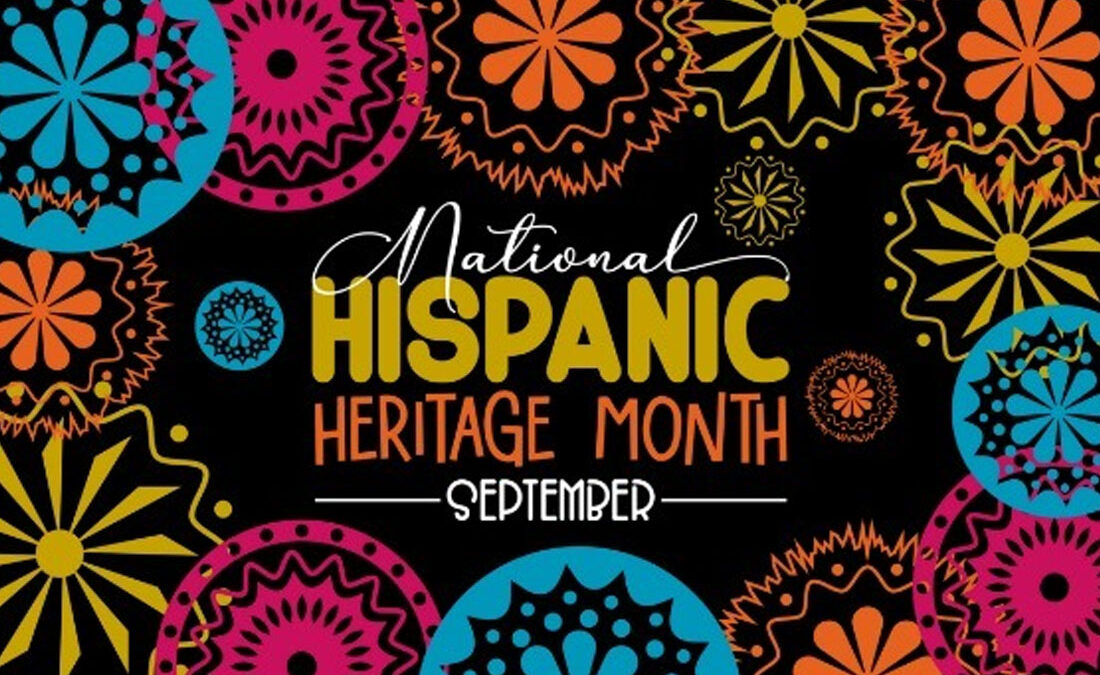Healthcare Focused Hispanic/ Latinx Heritage Month

Reflection: Happy Mental Health Awareness Month
12/30/2021
Welcome, Patrice!
12/30/2022For Hispanic Heritage Month, the team here at Blaze Advisors wants to take the time to celebrate those we work with who have Hispanic/Latinx identity and roots. Our Vice President of Analytics, Jose Castillo, is a native of Venezuela. Jose and his family moved to the United States four years ago as he pursued an MBA from NC State University and grew in his professional life by joining the team at Blaze Advisors. When asked about staying connected to his Venezuelan roots, Jose mentioned making and eating traditional foods such as arepas, pabellón, Venezuelan style barbeque, or his personal favorite, asado negro. Speaking Spanish, celebrating holidays, and being involved in their local Catholic church are only a few other ways Jose, his wife, and three daughters stay grounded in their Hispanic heritage as a family.
With the work we do at Blaze Advisors focusing on Behavioral Health, Jose brings a unique and valued perspective of the numerous layers and complexities of mental health care in the US, especially for those with Hispanic/Latinx backgrounds and heritage. For example, when discussing barriers to mental health care for Hispanic/Latinx populations, Jose shared: “I would say that issue is the same: stigma. A lot of fear is to be labeled because of mental health and/or substance use conditions. Also, the language barrier can impact care, and that’s why it is so important to have access to organizations able to accommodate and provide care to patients in the language the patient is most comfortable with.”
According to the National Alliance on Mental Illness, nearly 34% of Hispanic/Latinx adults receive treatment for mental health challenges compared to the 45% national average. Reasons for not engaging in care include things like language barriers, lack of health care coverage, lack of cultural competence from providers, and even documentation status. “My experience is that our doctors in Venezuela are usually closer to the patient. Here in the US, my experience is that healthcare delivery is very focused. If you have an appointment because you have pain in your hand, the appointment will be focused on that issue. If you said that you are also experiencing another issue, you will likely be referred to another provider or scheduled a follow-up appointment. In Venezuela, I feel there is like a more holistic view to healthcare,” Jose shared.
These differences in the way Hispanic/Latinx communities experience care in their own home countries and what they experience in the US are highlighted as cultural competence in healthcare plays a larger role in care delivery. As leading population health managers, the team at Blaze Advisors and our healthcare partners prioritize meeting patients where they are and seeing the patient with all that they bring to their appointments.
In getting to know the populations we serve; we continue to ask important questions and support our providers with resources. Not only regarding care but about what the patients we serve value most. When speaking with Jose about what was important to him for other people to know about Venezuela, he shared: “For several years now, there is a lot of talking about what’s happening in Venezuela in the context of politics and the economic crisis. The latest report from the UN estimates that almost six million people (~20% of the country’s population), have left the country during the last few years looking for a better future, making this one of the largest displacement crises in the world, especially from a country that’s not in a war situation. I also see how some of my fellow Venezuelans are experiencing xenophobia in some of the countries they are in today, which breaks my heart as the vast majority are hardworking people just looking for an opportunity. Your place of birth doesn’t define who you are. I would like to see more understanding about that.”
At Blaze Advisors and with our many partners across the country, we value, affirm, and celebrate all of those that we work with and work to serve. We are so lucky to work with healthcare leaders across the US that hold these same values. Jose is an invaluable asset to our team, and we thoroughly enjoy connecting with him and his family. As I worked with Jose for this piece, I wanted to know what he thought was most important to teach his children about being from Venezuela and being Hispanic/Latinx. He answered: “For them to know, understand, and value the place we grew up and where they came from.” Happy National Hispanic Heritage Month!
Source:
https://www.nami.org/Your-Journey/Identity-and-Cultural-Dimensions/Hispanic-Latinx
https://www.mhanational.org/issues/latinxhispanic-communities-and-mental-health
